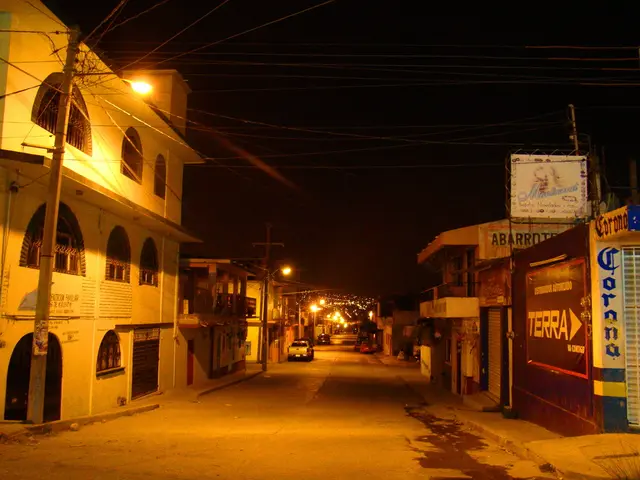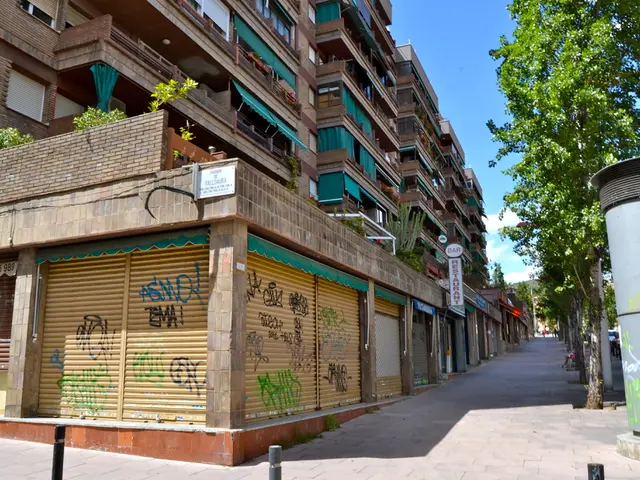Brussels First Major City to Go Emission-Free Daily Postal Service
Brussels has become the first major European city to operate a completely emission-free daily postal service. This significant milestone was achieved through the installation of 409 charging stations across delivery centers, supporting a transition that is expected to save 750 tonnes of CO2 per year. Secretary of State Bianca Debaets played a crucial role in implementing this initiative across all 19 Brussels regions.
The Brussels-Capital Region, in collaboration with bpost, has successfully transitioned to a zero-emission fleet for regular letter and parcel rounds. This ambitious project involved the deployment of 565 electric vans and 57 electric bikes with attached trailers, enabling postmen and postwomen to deliver on-foot, using electric bikes, and electric vans. The initiative is part of the region's broader effort to improve air quality and mobility within the Brussels regions.
The project was made possible through a collective effort involving the Brussels-Capital Region, all 19 municipalities, Innoviris, and Vrije Universiteit Brussel. Their combined support has helped Brussels achieve this remarkable feat, setting a precedent for other major cities to follow.
With the completion of this project, Brussels has not only become the first major European city to achieve a completely emission-free daily postal service but has also demonstrated a significant commitment to reducing its carbon footprint. The installation of 409 charging stations and the transition to electric vehicles are expected to save 750 tonnes of CO2 per year, contributing to improved air quality and mobility within the Brussels regions.
Read also:
- Munich Airport Unveils Its New Electrical Vehicle Charging Parksite
- 74% of Drought-Prone Regions at Risk by 2100: Urgent Climate Action Needed
- Meteorologist Predicts Major Hurricane for Northeast U.S. by 2030
- Vehicle electrification and bidirectional charging technologies could potentially reduce EU energy expenses by a staggering €22 billion annually by the year 2040.








